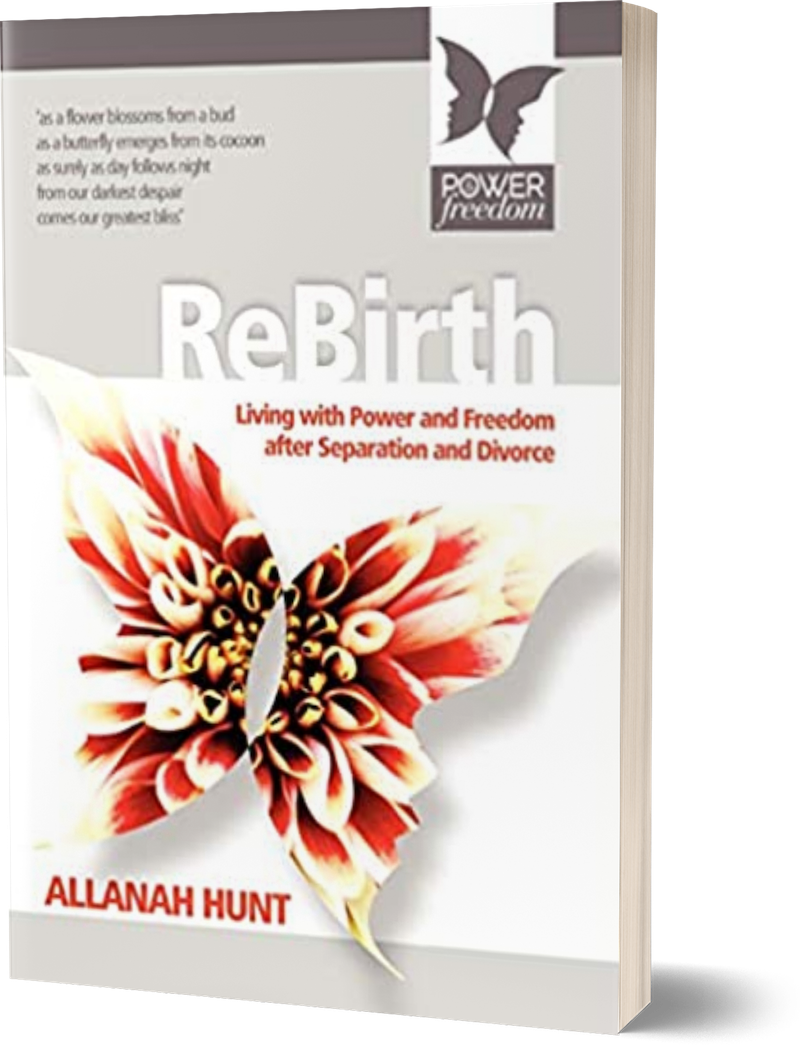
The Power Of The Pause
Have you ever had one of those moments when words flew out of your mouth that you immediately regretted? Or when the tone of your voice caused someone to frown, to take a step back or to react in anger?
I remember as a teenager hearing the words, ‘count to ten before you answer’.
And me, being the typical teenager that I was, rolled my eyes so far back in my head that all you could see was the whites of my eyes!
It sounded stupid to me. I didn’t have time for that. And of course it was my mother who said it to me so what would she know? No ‘listen to others and learn from their experience’ for me!
And so those moments I spoke about at the beginning of this article? Yeah, those were mine. And not just once. I made a habit of it. I became an expert. And it created havoc in my life.
Until I learned the power of the pause …
The power of just taking one damn moment to engage my brain, to engage my heart and to look at who I was speaking to. To really look and see a person in front of me. Someone real with goals, dreams, sadness, struggles and desires of their own. To just stop, pause, listen and regroup before responding.
Your brain is the wonderful machine that runs your life.
And when I say ‘runs your life’ I don’t just mean that it runs your organs or that it controls your physical senses. Your brain is like a matchmaker. It’s a filing system that’s working 24/7
It’s constantly processing information and matching it to what it already knows. For such an amazing organ, it’s really quite lazy! Your brain will always take the path of least resistance.
“You will always see what you expect to see and hear what you expect to hear” – Allanah Hunt
Let me explain what I mean.
Your Brain is Like a Computer
Imagine you have a pile of paperwork or files on your computer that need to be organised. The only way you can do this task is to categorise the various files or pieces of paper in a way that matches the folders that are already set up.
The majority of this task is relatively easy but every so often you come across a piece of paper or a file that just doesn’t seem to fit anywhere. It has to go somewhere, and you don’t want to create a new folder so what do you do? You stuff it in the folder that ‘kinda’, ‘sorta’, matches. It’s not a great fit but given the options, it’s the only one that makes any kind of sense.
It’s the same with your brain. After the age of seven your brain doesn’t make any new folders.
Your brain categorises new experiences based on previous ones and lumps them together as the ‘same thing’.
As a child you responded to events and experiences with limited understanding. You thought in black and white, or right and wrong because that’s as much as your young brain could understand. And so the way you responded to events was often dramatic. Either laughing excitedly or sobbing uncontrollably. The simplest thing would trigger a reaction that from an adult’s perspective was very extreme.
You know this is true. You’ve seen it for yourself. One minute a child is happy and the next, it’s as if the world has ended. That’s just kids. It’s because their brain simply cannot process the world in the way an adult can.
But here’s where it gets really interesting. Those folders your brain is creating before you’re seven are the building blocks for your life. And they’re not just inert folders. They have a trigger attached to them. They have an emotional charge connected to them that is replayed on auto pilot over and over again. And that charge powers your thoughts, it powers your emotions, it powers your heart rate and it powers your blood pressure.
Can you see where I’m going here?
If your brain stopped making folders after seven years of age and categorises all new experiences based on old ones, then the resulting reaction to the old event was also formed before you were seven. And unless you were actively taught healthy ways to understand and manage your emotions, a version of the childlike you will continue to show up in your adult life, particularly in times of stress.
A rational adult mind has the ability to see different sides of the same situation, but at times it’s like a bypass switch is flipped. The rational part of your brain switches off and your automatic preprogramed part switches on. It happens in a fraction of a second and can have devastating results.
It’s why we put kids in ‘time out’.
And it’s why we need to take a moment to pause before we respond.
We Need To Interrupt The Pattern
It’s about creating an interruption. Something that stops the bypass switch from being triggered in your brain. Something that creates the space for you to regroup and make a choice.
Count to ten, hum a tiny song in your head, flick a rubber band on your wrist or look away for a few moments. Choose something that will work for you and practice it.
If you’re a parent, practice it with your kids. Practice it with your work colleagues. Practice it with your parents. Practice it with your partner.
Try it out with the person you find most annoying in your life. The person who just makes you want to scream with frustration.
Yeah, that person.
Because that person is acting in a way that triggers an automatic reaction in your brain. Probably nothing to do with them but something your brain has an existing emotional charge around. Something your brain has lumped in with another time, another place and another experience.
Take a moment to pause.
Take a moment to look at that person differently. Take a moment to step away from the immediate anger, frustration or other emotion that is flowing hotly through your veins.
Why?
Because how we feel shows up in every part of our body, in our facial expressions, in words and how we say those words even if we’re not aware of it. Just as you have triggers that set off the bypass switch in your brain, so do others. And the meeting of two explosive charges is never going to deliver a positive result.
Although the outcome of a meeting of two people is created by those two, you have the opportunity to choose your part in that outcome. And by choosing your part, you impact the other for better or for worse. You can’t control how someone else responds but you can choose not to be the trigger that flips their bypass switch.
There is power in the pause.





